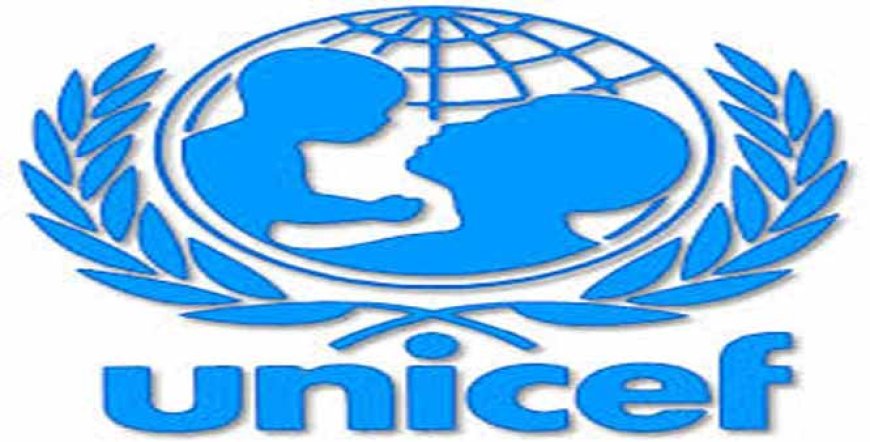UNICEF, EU, Oyo to add 250,000 households to social register

The United Nations Children’s Fund, in collaboration with the European Union and the Oyo State Government, on Thursday announced plans to expand the state’s social register by enrolling an additional 250,000 vulnerable households between 2025 and 2026.
The UNICEF Social Policy Manager at the Lagos Field Office, Mohammed Okorie, disclosed this during a consultative meeting with key stakeholders in Ibadan, the Oyo State capital.
He explained that the meeting was convened to discuss strategies for identifying and targeting poor and vulnerable individuals and households across the state.
Okorie noted that the project, funded by the EU and implemented in four Nigerian states—Oyo, Abia, Benue, and Sokoto—aims to expand the social register beyond monetary poverty indicators to include multidimensional aspects such as education, health, nutrition, and housing deprivation.
He said, “Today’s meeting is crucial because it focuses on identifying the poor and vulnerable, meeting them where they are, and ensuring they are included in the social register through which they can be reached with support. We want to move beyond seeing poverty as only a lack of money.
“The new social register will identify households where children are out of school, where there is malnutrition, or where people face other forms of deprivation. These are the people we must include so that no one is left behind.
“UNICEF is providing technical assistance to the Oyo State Government and the National Social Safety Nets Coordinating Office, while the EU is providing financial support. The project is designed to promote dignity and inclusive access to social protection for all residents.
Our target between 2025 and 2026 is to add an additional 250,000 households to Oyo’s social register, guided by multidimensional poverty indicators.”
The Coordinator of the State Operations Coordinating Unit, Ismaila Salami, revealed that the state currently has 363,038 households—representing 1,032,627 individuals—captured in the register.
He described the figure as significantly lower compared to states such as Zamfara, Kano, and Katsina, which each have over two million individuals registered, adding that this gap informed UNICEF’s decision to include Oyo as one of the four pilot states under the Supporting Sustainable Social Protection Systems in Nigeria (SUSI) project.
“This meeting is to brief stakeholders on our next steps. We are starting with ten local government areas as a pilot phase for the multidimensional poverty expansion of the social register.
“After this, we will carry out advocacy and sensitisation to ensure all ministries and agencies align with the process,” Salami said.
“The goal is to ensure that whenever government or development partners roll out social interventions, they can rely on the data in the social register for accurate targeting,” he added.
Declaring the meeting open, the state Commissioner for Economic, Budget and Planning, Prof. Musibau Babatunde, affirmed the government’s readiness to conduct a household survey and poverty mapping exercise to identify local government areas with the highest poverty index for effective planning.
He said the tools needed for the survey would soon be deployed for the effective take-off of the project.
“This will assist us in planning and taking evidence-based decisions. The essence of this survey is to disaggregate various indicators to the local government level,” Babatunde stated.
The initiative is part of the Supporting Sustainable Social Protection Systems in Nigeria project, which seeks to strengthen the National Social Register and ensure that more Nigerians have access to social protection interventions by 2027.
The consultative meeting brought together representatives from key ministries, departments, and agencies, as well as members of the State Technical Working Group on Social Policy, who all pledged their support for the project’s objectives.

 admin
admin 


